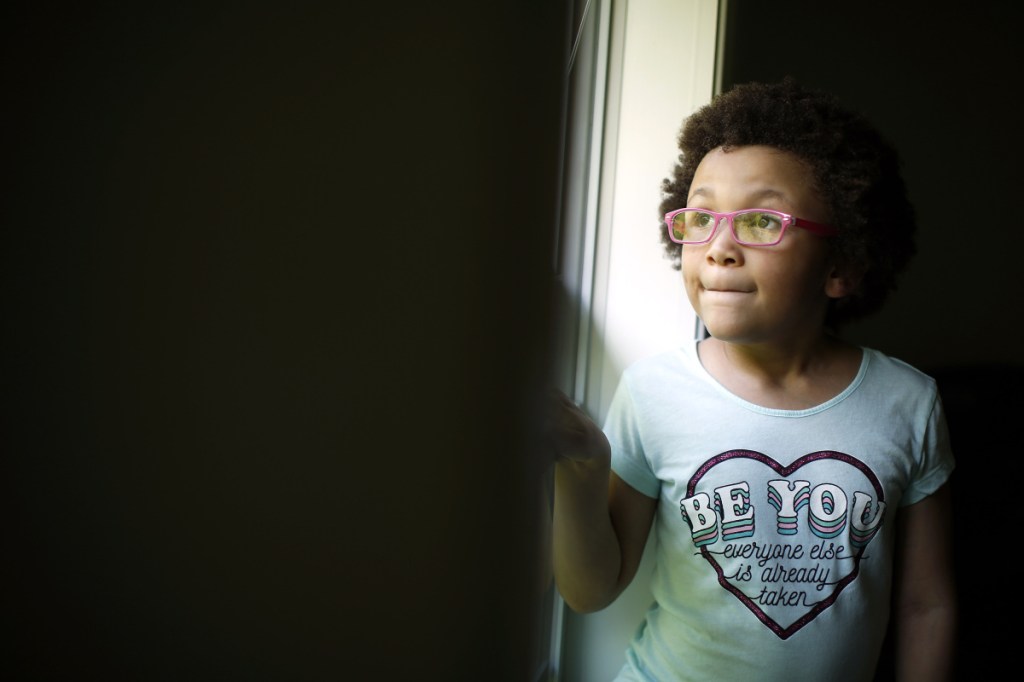The First Amendment guarantees that every American has the right to their religious beliefs.
But if their religiously motivated actions put other people at risk, the state has a duty to step in.
This is not new.
It’s what Justice Felix Frankfurter was talking about in 1940, when he wrote: “The mere possession of religious convictions which contradict the relevant concerns of a political society does not relieve the citizen from the discharge of political responsibilities.”
Or Justice Antonin Scalia, when he wrote in 1990: “To make an individual’s obligation to obey such a law contingent upon the law’s coincidence with his religious beliefs … contradicts both constitutional tradition and common sense.”
But apparently a majority in the Maine Senate did not get the memo. When the state is leading the nation on low vaccination rates and high rates of infectious disease, lawmakers have put religious beliefs ahead of public safety. All 14 Senate Republicans and four Democrats – Sens. James Dill of Old Town, Erin Herbig of Belfast, Louis Luchini of Ellsworth and David Miramant of Camden – decided that parents should be allow to send non-immunized children to school, where they could infect others who cannot be vaccinated for medical reasons.
It’s a terrible decision that’s made worse by its supporters’ misleading rhetoric. They call their amendment a compromise that closes the biggest loophole in the law, ending the provision that lets people opt out for philosophical reasons. But that’s just semantics.
Anyone who now claims a “philosophical” belief that vaccines are unnecessary could say their objection is “religious.” What’s the difference? The anti-vaccination movement is driven neither by philosophy nor religion, but by conspiracy theorists who reject any scientific data that does not support their intuition.
The government cannot and should not be in a position to decide whose beliefs are sincerely held. But it should act when public health is threatened, and that’s what the Senate failed to do in this vote.
The bill, L.D. 798, came in response to a real concern. Maine has some of the most permissive vaccination requirements for school children, and some of the lowest compliance rates in the nation.
We also have high rates of communicable disease, including an incidence of pertussis, or whooping cough, that’s eight times the national average.
Making immunization a matter of personal conscience is not working. Providing the public with information showing the overwhelming consensus of scientists and medical experts about the benefits of vaccination is not working.
It is time for the state to say that if parents choose to make their child susceptible to these diseases, they should also have a responsibility to educate them in a place where they don’t put other children’s lives at risk.
The Maine House did its part April 23, but the Senate gutted their work Thursday by leaving the religious exemption in place.
This fight is not over. The bill will go back to the House, where members should adhere to their science-informed position, and send the original bill back to the Senate, where we hope common sense will prevail.
Spreading a dangerous disease is not a religious right. It’s not what the Constitution says, and it shouldn’t be protected by state law.
Send questions/comments to the editors.



Comments are no longer available on this story